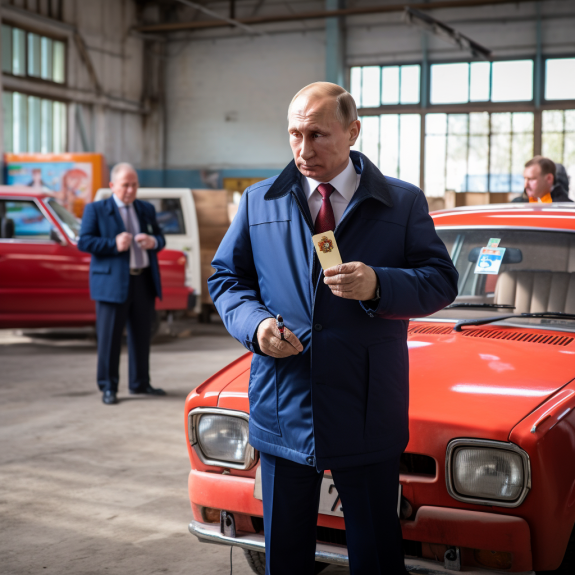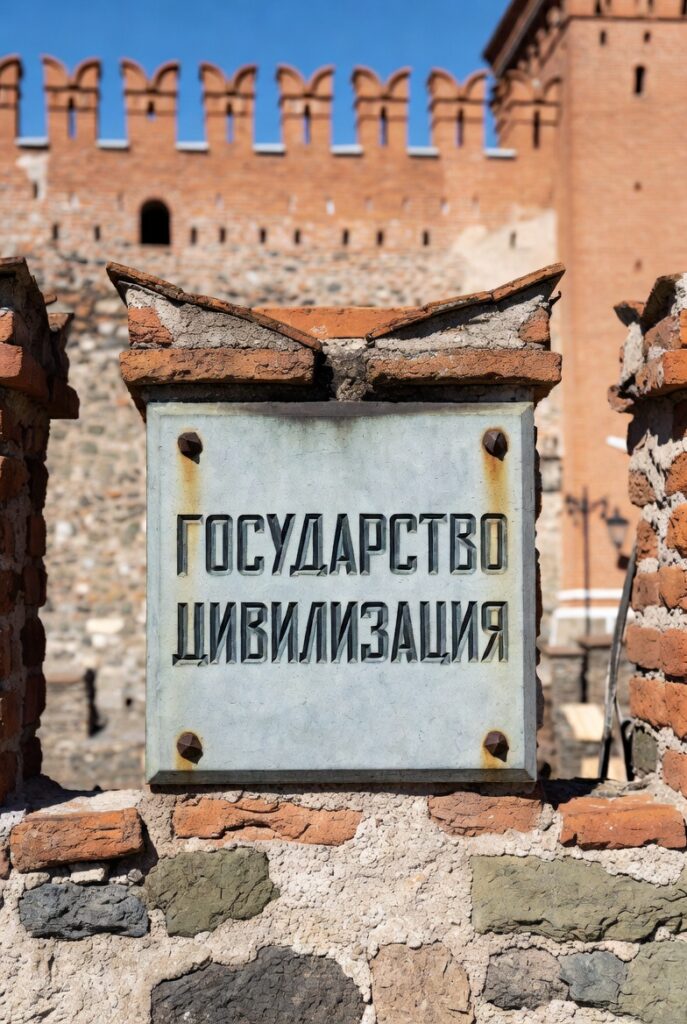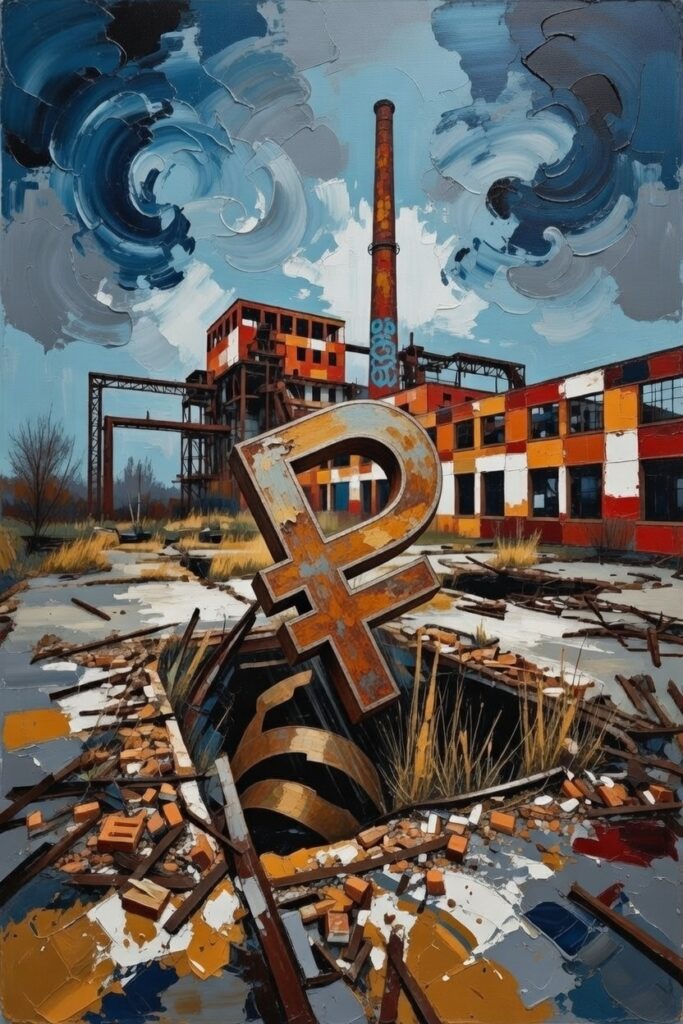Vladimir Putin’s election campaign is gaining momentum. The Russian president is taking part in public events on an almost daily basis — these can be trips to the regions or meetings with federal and regional officials. Putin himself, along with the Kremlin’s political and information blocs, is trying to breathe some life into the routine of these protocol meetings so that ordinary Russians will have something to discuss later. The president and his subordinates are well aware that lively phrases and unconventional moves are much more memorable than ribbon-cuttings and reports on successes. Everyone remembers how Putin called for «wasting terrorists in an outhouse» but the content of his messages, with the possible exception of the demonstration of cartoons with missiles in 2018, is not remembered even by experts, whose job it is to do so. The president’s meeting with representatives of the Russian industrial sector was remembered not for reports on real and imaginary successes in import substitution, but for Putin’s statement that officials should switch to Russian cars. «All the country’s officials should drive Russian cars. Somewhere it will be more modest than before — nothing terrible about it, on the contrary, it’s even good. All this wonderful officialdom of ours should realize that it is necessary to strive for the development of domestic brands, cars, and other products,» he said.
The proposal to transfer bureaucrats to domestic cars is not new in Russian politics: in the 1990s, deputy prime minister Boris Nemtsov forced officials in his region to drive Russian-made Volgas instead of foreign cars. In practice, the move was not a success, as Nemtsov himself admitted, but it helped popularize the deputy prime minister himself. Russians are traditionally critical of bureaucracy, and statements — even if only declaratory — that officials will be restricted in some way are usually well received. Putin and his campaign designers are using a tried-and-true populist move. The president who, with a deliberate gesture, switches officials from foreign cars to domestic ones will appear in the eyes of the electorate as someone who seeks to curb the excesses of the elites, as a fighter against them. Putin tried to underline this «anti-elitist» message with ironic words about «our wonderful officialdom.» The Russian systemic opposition, represented by the Communist Party and «Just Russia,» likes to bash abstract «officials» and «officialdom.» Putin is also trying to present himself as an «opposition» to the Russian bureaucracy, and this is not his first anti-elitist outburst in recent times. For example, the president rebuked Finance Minister Anton Siluanov on camera for his allegedly rude behavior with a girl from Dagestan who came to visit Putin.
The president and his political technologists respond to the anti-elite demand in society, which was captured by the founder of the PMC «Wagner» Yevgeny Prigozhin. In his speeches he criticized not only the leadership of the Defense Ministry, but also oligarchs and officials. This discourse quickly made Prigozhin very popular. Putin always scolded his subordinates, but, on the other hand, he usually confined himself to generalities and never went beyond empty pronouncements. This time Putin has announced a concrete action, but this promise may turn out to be reckless. First of all, there is a high probability that it will never be implemented. A source in the state news agency RIA Novosti said that the Russian auto industry does not have enough capacity to shift officials to Russian-made cars. This problem is partially solved by «rebranding» Chinese cars, which is done, for example, by the Moskvich plant. However, the electorate is unlikely to appreciate this disguise: Russians have learned to understand the assortment of Chinese manufacturers and will immediately recognize which «home-produced» cars the officials have moved to.
An even more serious problem for Putin and his campaign could be a serious fight against the privileges of bureaucrats: for example, the cuts in their salaries or in the staff of state institutions. Of course, this campaign will not affect the top bureaucracy and the president’s inner circle. But it will hit one of the main pillars of Putin’s regime: the lower and middle levels of the bureaucracy. It is these people who ensure the work of administrative resources, rig elections, and support Putin and «United Russia.» This is a large enough class that expects reciprocal steps and preferential treatment from the top leadership. And until recently, the regime met the needs of this class. Now Putin is transferring its representatives from mediocre foreign cars to home-produced economy class cars. As I have already shown eslewhere, law enforcement agencies are once again initiating massive criminal cases against officials. It is this repressed strata of the bureaucracy that will have to ensure Putin’s results in the 2024 presidential elections, and it is far from certain that it will take up this task with zeal. Russian political history is replete with examples of officials who got fed up with the leader’s anti-elite discourse and helped him or her row up the Salt River. Svetlana Orlova, the former governor of the Vladimir region, was fond of demonstrative populist gestures against local officials: she would scold them in front of TV cameras, fire them, and force them to work late into the night. In 2018, she lost the election to the Liberal Demorcrats’ technical candidate, Vladimir Sipyagin. Apparently, the Kremlin has decided to ignore this example.
At the grassroots level, the average bureaucrat is already beginning to revolt. Oleg Borovsky, the mayor of Sayansk in the Irkutsk region, who was the driver of «United Russia”‘s list of candidates for the regional legislature in his municipality, has loudly slammed the door and took his name off the list. Borovsky is not the most typical Russian municipal official: he was elected in direct elections (he was supported by the Communists at the time of the campaign), criticized the authorities’ actions during the COVID-19 pandemic, and even defiantly ignored COVID restrictions. Later, the mayor worked his way into the power vertical, showing loyalty to the «imported» governor Igor Kobzev. Now Borovsky is rebelling again. He explained that the budgets of the region’s municipalities have begun to show deficits, and that the regional government promised to help, but failed to keep its promises. A true politician, Borovsky realizes that budget problems will lead to discontent among residents, so he identified their real culprits. Personal popularity proved more important to the mayor than the ratings of the ruling party. Most likely, the «United Russia» will get a very low result in Sayansk, and it is quite possible that the demarche of Borovsky, who is well-known and popular in the region, will also affect the share of seats that the «United Russia» will be able to secure in the elections to the local assembly as a whole.
In Khakassia, where elections for governor and members of the republican parliament are being held, local elites are also in revolt. The region is now led by Valentin Konovalov, a communist elected during the 2018 protests. Moscow is placing its election stakes on an imported politician, Sergei Sokol, an MP in the State Duma representing «United Russia» who personally participated in the war. Sokol was appointed head of the Khakass branch of UR and began to reshape it and the composition of the lists of the ruling party in the parliamentary elections to suit himself. Vladimir Shtygashev, the longtime speaker of the regional assembly, and other high-profile «United Russia» activists were not included in the «United Russia» candidate lists, and purges began in the UR executive committee as well. As a result, Shtygashev supported Konovalov in the election and was nominated as number two on the Communist party list. Communist Party propaganda emphasizes that the head of the republic and the acting speaker are «local and honest,» unlike the «imported» Sokol. Other former UR candidates now also joined the Communist party list at the elections to the republican parliament. There is now a very high probability that Konovalov will retain his office and that the Communist Party will win the elections to the legislature.
The demarches of Borovsky and the Khakass members of the «United Russia» go to show that the bureaucracy and elites incorporated in the power vertical are ready to show loyalty to the system only when it takes into account their interests and offers them preferential treatment. As soon as the vertical ceases to do so, revolts begin, and their participants are not even afraid of possible repression. The «anti-elite Putin» is capable of further inflaming and angering the already disgruntled officials.










